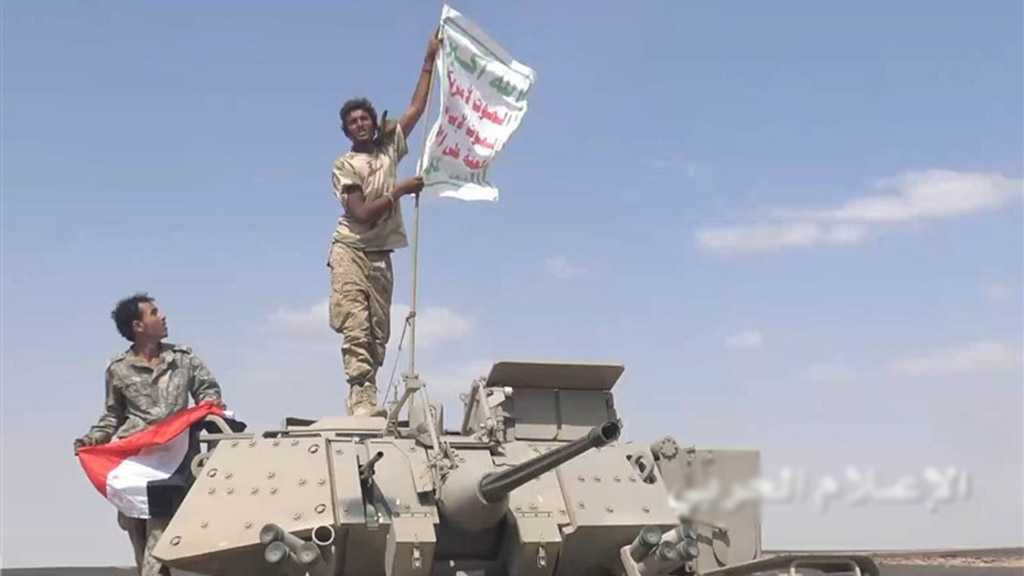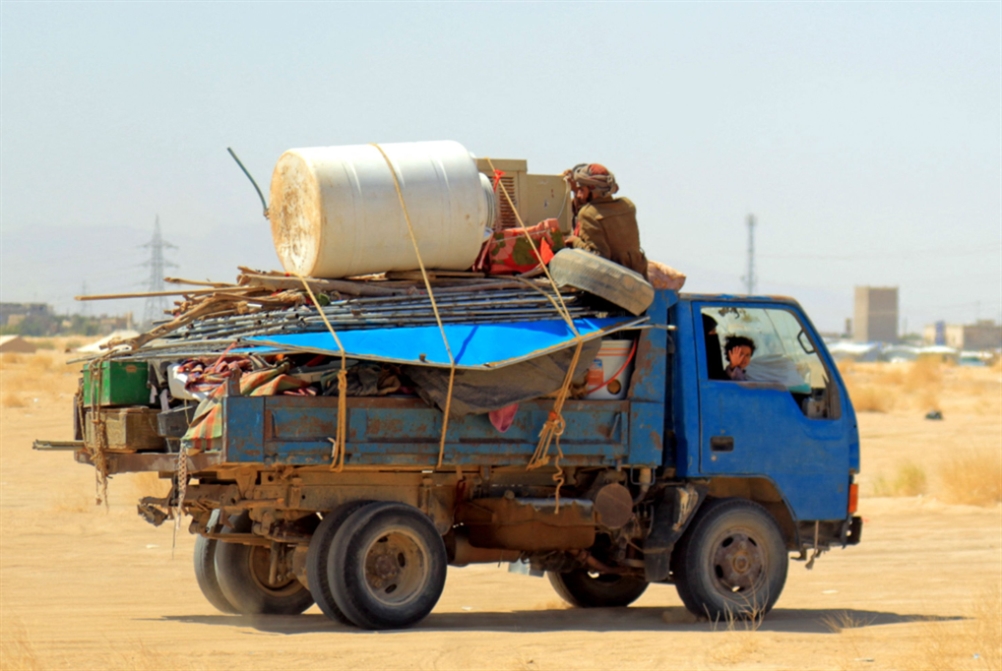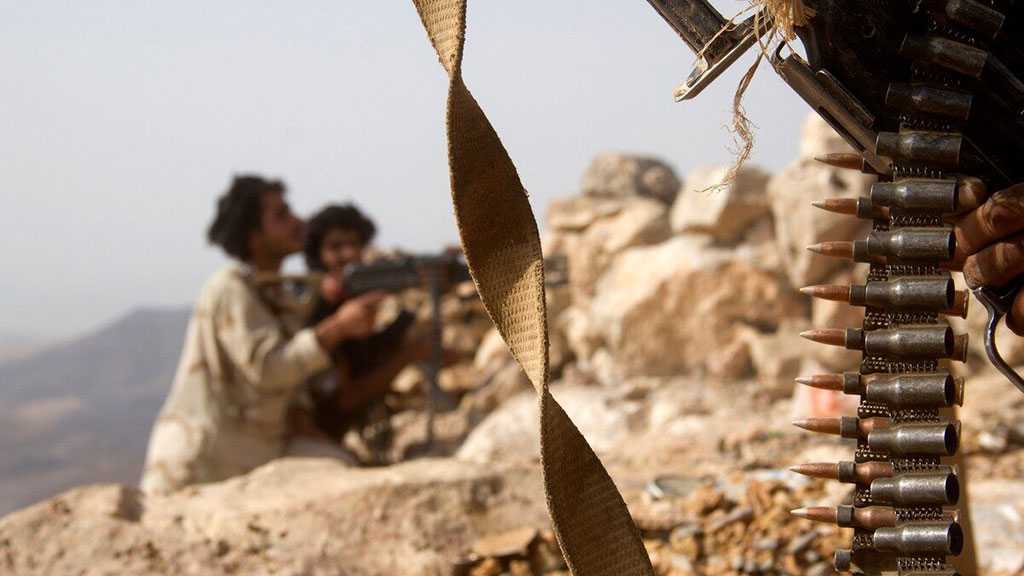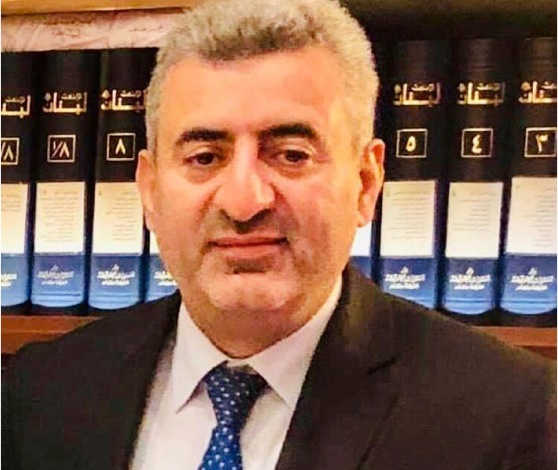
The Yemeni Supreme Political Council underlined that the country’s Armed Forces are prepared to stand up to any bids by the US and the ‘Israeli’ occupation regime that would be directed at Yemen’s resources, islands and waterways.
“The Yemeni Armed Forces are prepared to confront the avaricious plots of the United States and the ‘Israeli’ regime against the country’s resources, islands and waterways. They are ready to face up to any threat against the national sovereignty,” the council announced in a statement on Monday, stressing the full combat preparedness of Yemeni soldiers and fighters from Popular Committees.
This came as a report said in September that a delegation of ‘Israeli’ military experts had apparently been stationed to the Yemeni island of Socotra, more than six months after it was reported that the United Arab Emirates was constructing a settlement on the strategic island to accommodate dozens of Zionist soldiers, officers and military experts.
The Arabic-language Yemen Press Agency, citing informed sources speaking on condition of anonymity, reported that an ‘Israeli’ military delegation along with a number of UAE intelligence officers have been present on Socotra Island since a few days ago.
Home to some 60,000 people, Socotra overlooks the Bab el-Mandeb Strait, a main shipping route that connects the Red Sea to the Gulf of Aden and the Arabian Sea, and has a unique ecosystem.
‘Israel’ and the UAE are currently making all logistical preparations to establish spying bases to collect information from across the Gulf of Aden, including Bab el-Mandeb and south of Yemen, which is under the control of forces backed by the UAE, the report said.
Meanwhile, the US is also making aggressive attempts to wrest control over energy reserves and plunder natural resources in conflict-plagued Yemen.
In the Monday statement, the council also said that it will “adopt proper measures when the time is ripe, and will not allow the Saudi-led coalition of aggression to get Yemen caught in an endless cycle of chaos and uncertainty.”
“We once again reiterate that we are striving for an honorable peace that would ensure Yemen’s sovereignty and independence, and would safeguard its territorial integrity. We welcome any meaningful and viable initiative in this regard,” the council added.
The Yemeni Supreme Political Council also underlined the need that humanitarian issues must be separated from political and military matters. “Progress in this regard will strongly indicate the success of any future mediations, negotiations or contacts.”
Saudi Arabia launched the devastating war on Yemen in March 2015 in collaboration with its Arab allies and with arms and logistics support from the US and other Western states.
The objective was to reinstall the Riyadh-friendly regime of Abd Rabbuh Mansour Hadi and crush the Ansarullah resistance movement, which has been running state affairs in the absence of a functional government in Yemen.
While the Saudi-led coalition has failed to meet any of its objectives, the war has left hundreds of thousands of Yemenis martyred and spawned the world’s worst humanitarian crisis.
Related Videos
Related Article
- Mohammed Al-Houthi: What’s coming will be more severe and painful for the aggression and its mercenaries
- The dangers of re-escalation expose “U.S. diplomacy”
- Supreme Politician: The State Of No Peace And No War Is Unacceptable And Will Not Last Long, And The Armed Forces Are In Full Readiness
- The Prime Minister inaugurates the art exhibition of the Ministry of Culture on the Martyr’s Anniversary
Filed under: "Israel", United Arab Emirates UAE, USA, Yemen | Tagged: Arabian Sea, Bab al - Mandab Strait, Gulf of Aden, Hadi’s Saudi-backed forces, Saudi-led war on Yemen, Siege on Yemen, South Yemen, Yemen’s Socotra, Yemeni Army and Popular Committees | Comments Off on Yemeni Forces Prepared to Thwart US, ‘Israeli’ Plots Against National Resources, Islands


























